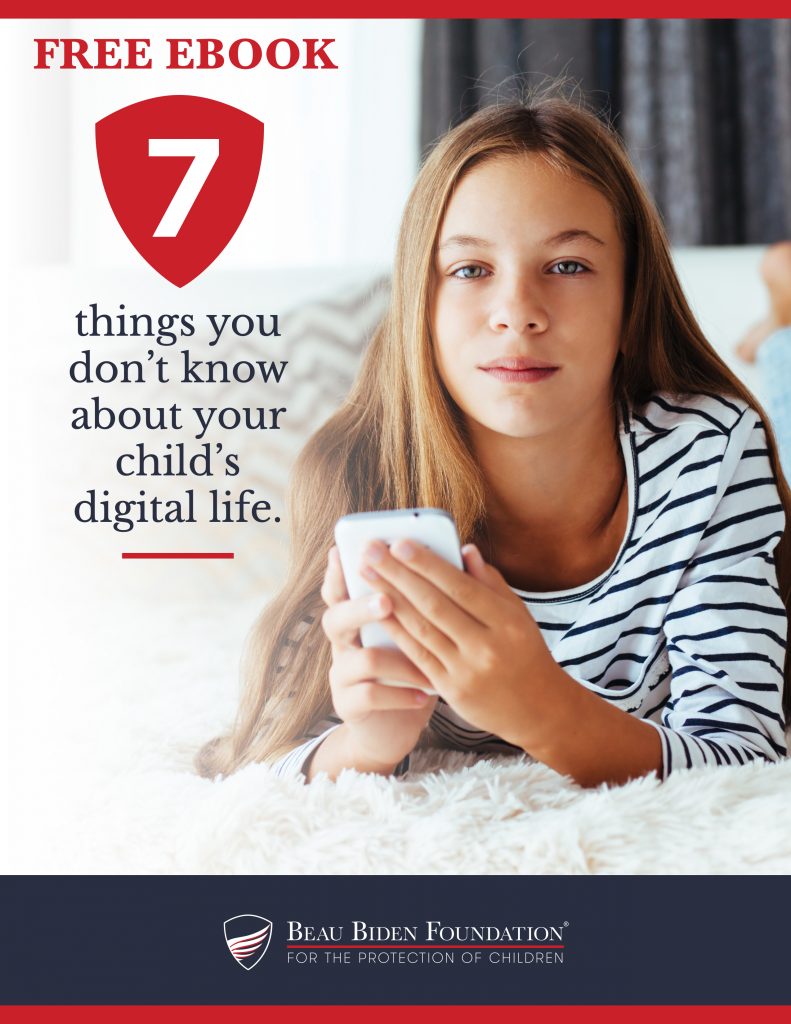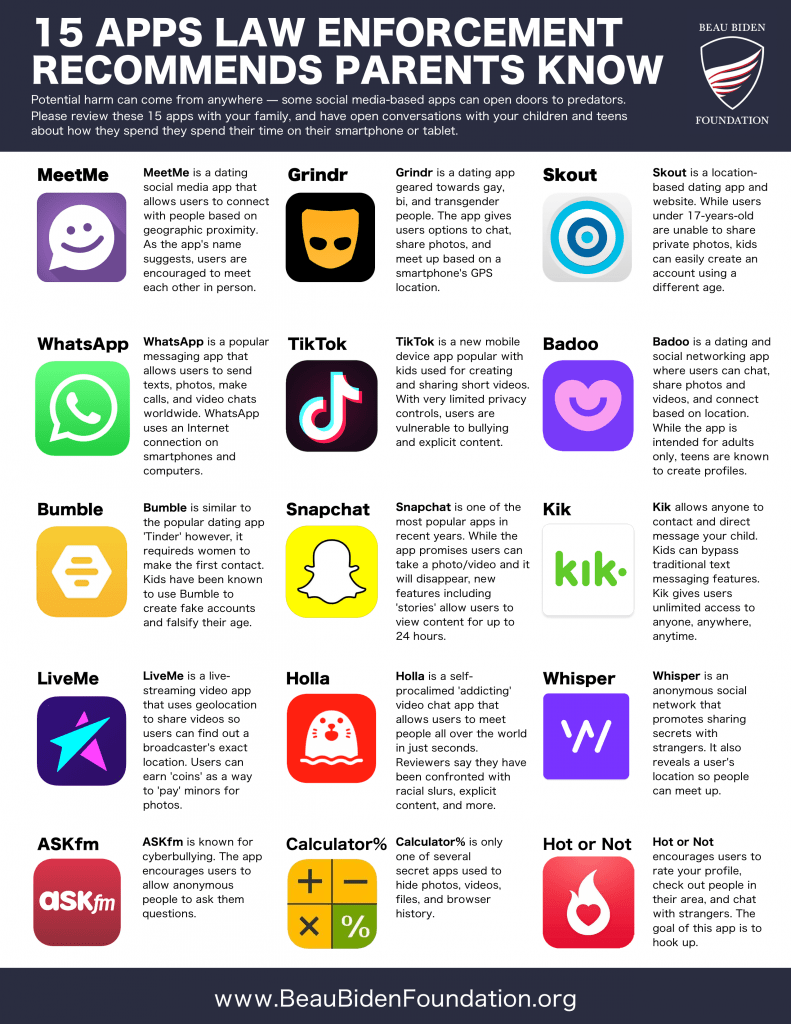It’s never been more important to have honest – and age-appropriate – conversations with your kids about sex. Because if they’re not asking and you’re not offering, they’ll find the answers they want online. And more likely than not, the answers they’re finding are not the answers you’d give them.
Let’s get to the obvious point first: there is pornography all over the internet. Through hashtags, nude and sexually explicit images can be easily searched on Instagram, Twitter and just about every social media platform. There are numerous websites that offer hundreds of thousands of pornographic videos – for free.
With the explosion of free pornography online, the content has become more graphic, more violent and more deviant. Your 12-year-old son isn’t looking at an old Playboy – he’s watching graphic, hardcore porn. This may significantly influence his understanding of healthy relationships.
You believe your child’s devices have strong filters that prohibit them from watching explicit content. That’s good. But other than watching porn, children learn about sex in chatrooms and while gaming online, in Reddit® threads and other anonymous platforms that may not be caught in all parental screening filters. These forums allow children anonymity to ask questions, try on new personalities and explore their curiosities.
These platforms also allow predators to spread misinformation and identify and build relationships with potential victims. Predators will offer to “coach” curious teenagers in sex so they can be ready and “good at it” when the time is “right.” Sometimes they’ll offer links to your kid to download or view pornographic videos. Predators will share photos or ask for photos. Photos your child shares may end up being used to exploit them for more illicit images or sexual acts.
This is so common that it now has a name – “sextortion.”
“The Talk” is more important now than ever.
A recent study found that most American kids first encounter pornography at age 11. The pornography they’re exposed to is more violent and impacting their sexual interactions with their peers.
It can feel overwhelming. But don’t fear. There are many helpful resources for parents to broach this important subject matter. From the time they’re in preschool, children should be learning about their bodies, learning the correct names for body parts and appropriate boundaries. They should be learning it from you. The conversation should continue and graduate to more sophisticated topics well into the teen years when dating and healthy relationships become more difficult to navigate. So there’s not just one “Talk.” Rather, it’s a series of conversations that help children and parents trust each other.

Seven Things You Don’t Know About Your Child’s Digital Life
Please click here to download our informative and FREE ebook.


